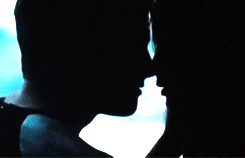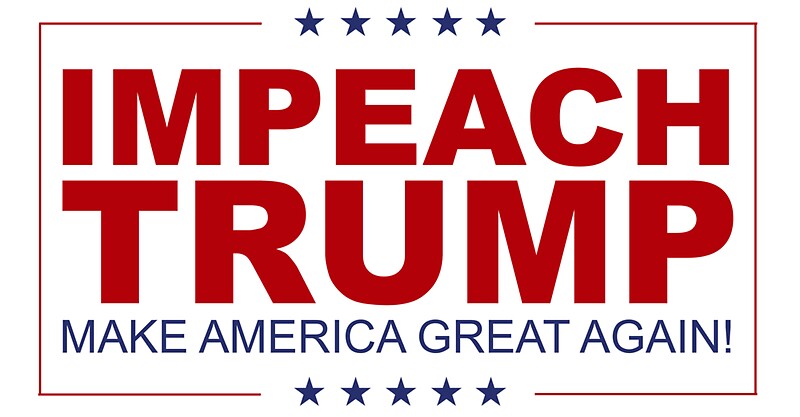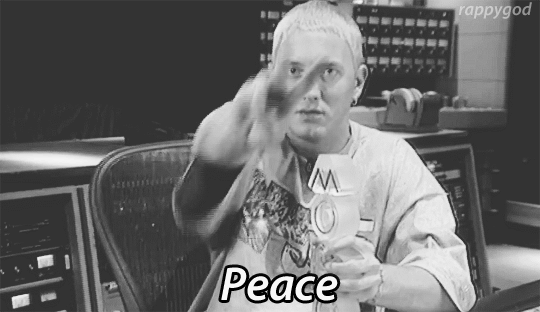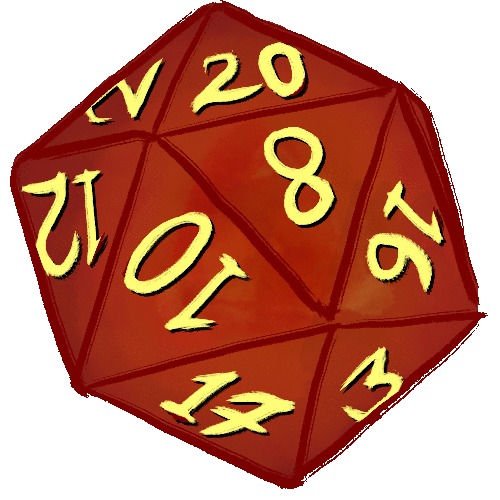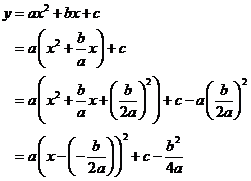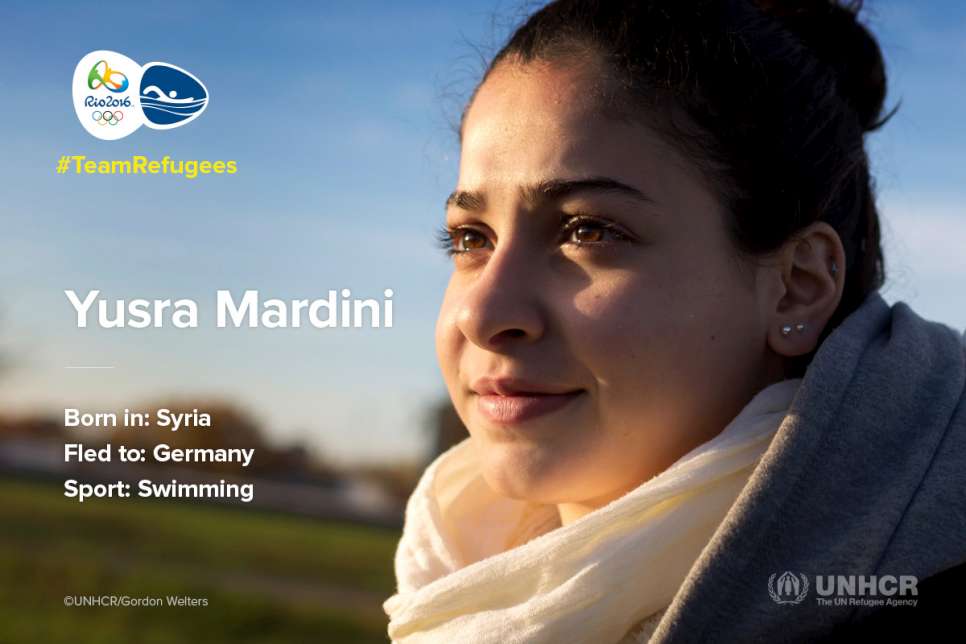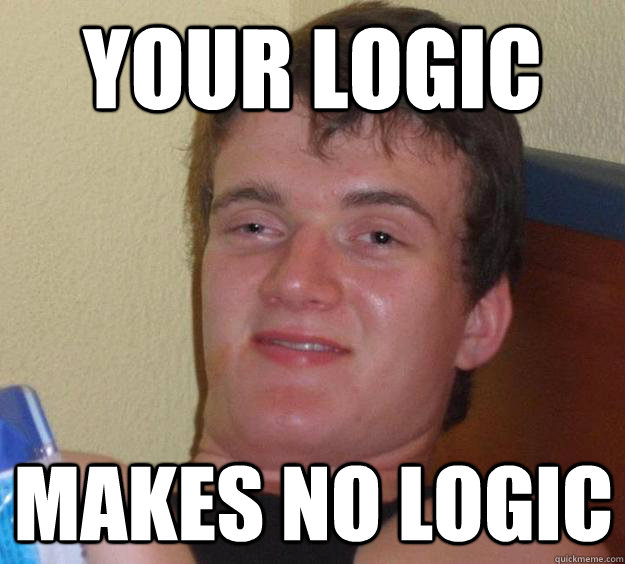
What got us all involved in One Love before we even knew what it was was the Escalation Workshop hosted by our school Santa Clara University. The video was very powerful and definitely left a message for Sam, Kevin, and me. So much so that we decided to choose this organization for our third essay even though we only heard about this organization not too long after being assigned the project.
The first step to our plan was to obviously join Team One Love
 at www.joinonelove.org. The picture on the right is sent to you via email when you have joined the team. We then further explored their website to learn more about the organization, Yeardley Love, unhealthy and healthy relationships, and how to help out. Their ten signs to healthy and unhealthy relationships was a great introduction to us about the topic for the project. In fact, most of the things on the website were very helpful to us. They even had a merchandise website; I wished we could have preordered some gear to show our support but we would not have enough time for our campaign. We decided to split up the work for our project. Kevin and I did the poster about the organization with statistics and warning about unhealthy and/or abusive relationships. Then for our social media, we had Sam post those posters as well as some more statistics about unhealthy relationships, signs of unhealthy relationships, etc. We also sent linked and clips of other videos that the One Love Foundation made other than Escalation, whether it was to further analyze Escalation or a completely different video on unhealthy or abusive relationships. Since I am not a person who uses social media frequently, we saw that as the best solution without unevenly dividing the work. Some of the things we did and/or utilized will be scattered throughout the blog. The One Love website has a section called #ThatsNotLove at https://www.joinonelove.org/act/thats-not-love/. The #OKforPetsNotPartners was a hilarious and entertaining way to start it out. This section of the site is a meme generator stating that pets occasionally taking advantage of us is acceptable but not for partners. We were able to start a lot of conversations online and in real life during our campaign with other people discussing unhealthy relationships. A lot of the conversations dealt with signs, more detailed statistics, why they occur, and why a breakup or divorce is not a simple solution. It made them more wary of their friends’ relationships and/or realize that unhealthy relationships are much worse than they initially thought.
at www.joinonelove.org. The picture on the right is sent to you via email when you have joined the team. We then further explored their website to learn more about the organization, Yeardley Love, unhealthy and healthy relationships, and how to help out. Their ten signs to healthy and unhealthy relationships was a great introduction to us about the topic for the project. In fact, most of the things on the website were very helpful to us. They even had a merchandise website; I wished we could have preordered some gear to show our support but we would not have enough time for our campaign. We decided to split up the work for our project. Kevin and I did the poster about the organization with statistics and warning about unhealthy and/or abusive relationships. Then for our social media, we had Sam post those posters as well as some more statistics about unhealthy relationships, signs of unhealthy relationships, etc. We also sent linked and clips of other videos that the One Love Foundation made other than Escalation, whether it was to further analyze Escalation or a completely different video on unhealthy or abusive relationships. Since I am not a person who uses social media frequently, we saw that as the best solution without unevenly dividing the work. Some of the things we did and/or utilized will be scattered throughout the blog. The One Love website has a section called #ThatsNotLove at https://www.joinonelove.org/act/thats-not-love/. The #OKforPetsNotPartners was a hilarious and entertaining way to start it out. This section of the site is a meme generator stating that pets occasionally taking advantage of us is acceptable but not for partners. We were able to start a lot of conversations online and in real life during our campaign with other people discussing unhealthy relationships. A lot of the conversations dealt with signs, more detailed statistics, why they occur, and why a breakup or divorce is not a simple solution. It made them more wary of their friends’ relationships and/or realize that unhealthy relationships are much worse than they initially thought.

 Unfortunately, we could not do Yards for Yeardley, The Scarlet Bookmark, and Stick It To Love events due to the allotted time of the project as well as due to how bus we were. However, we did make some Because I Love You flyers as well as added songs to the #ThatsNotLovePlaylist, which I thought was fun. However, our efforts to stop unhealthy relationships and introducing the One Love Foundation does not have to end with this project. When we get more time, events like Yards for Yeardley seem more reasonable to do. I am also open to discussing anything about relationships to other people, whether it is something major like abuse or even something small like “Will she like it if I do this?” or something along those lines. Although I have never been in an abusive relationship, I empathize with those who have and want to stop just as much as they do. This has honestly been a very enjoyable experience, and I like seeing other people smile knowing that there are people that are willing to help, so I do not want to stop where I am now.
Unfortunately, we could not do Yards for Yeardley, The Scarlet Bookmark, and Stick It To Love events due to the allotted time of the project as well as due to how bus we were. However, we did make some Because I Love You flyers as well as added songs to the #ThatsNotLovePlaylist, which I thought was fun. However, our efforts to stop unhealthy relationships and introducing the One Love Foundation does not have to end with this project. When we get more time, events like Yards for Yeardley seem more reasonable to do. I am also open to discussing anything about relationships to other people, whether it is something major like abuse or even something small like “Will she like it if I do this?” or something along those lines. Although I have never been in an abusive relationship, I empathize with those who have and want to stop just as much as they do. This has honestly been a very enjoyable experience, and I like seeing other people smile knowing that there are people that are willing to help, so I do not want to stop where I am now.


 When put in the situation where he and Katniss are the final two contestants, Peeta said he was willing to die to let her win. This was very selfless and considerate of Peeta, sacrificing his own life to save the one he loves, the leader of the rebellion. However, was this really as selfless and considerate as it might appear? Peeta had a rough childhood, with a family that doesn’t support him and he can’t look forward to after he wins. The only person he does love and can look forward to is Katniss. She, on the other hand, is a very loving person, who does have a family to look forward to after she wins, and Peeta used it to his advantage. He put himself in a situation where either she lives a life full of guilt or finds a way where both of them can live. We quickly find out that she has a caring soul and that the latter occurs. However, even if she was an inconsiderate person who has no feelings towards Peeta, he would probably rather die anyway; with no family to congratulate or love him after the long, hard-fought battle and no one else to love, he would only experience negligible happiness compared to Katniss. However, regardless of his true intent, Peeta was able to convince Katniss to do an all-or-nothing situation, where either both of them dies or someone intervenes allowing them both to live, which will be what happens. Peeta may continue to live, knowing that there is someone he loves that is too alive and may look forward to seeing and bonding.
When put in the situation where he and Katniss are the final two contestants, Peeta said he was willing to die to let her win. This was very selfless and considerate of Peeta, sacrificing his own life to save the one he loves, the leader of the rebellion. However, was this really as selfless and considerate as it might appear? Peeta had a rough childhood, with a family that doesn’t support him and he can’t look forward to after he wins. The only person he does love and can look forward to is Katniss. She, on the other hand, is a very loving person, who does have a family to look forward to after she wins, and Peeta used it to his advantage. He put himself in a situation where either she lives a life full of guilt or finds a way where both of them can live. We quickly find out that she has a caring soul and that the latter occurs. However, even if she was an inconsiderate person who has no feelings towards Peeta, he would probably rather die anyway; with no family to congratulate or love him after the long, hard-fought battle and no one else to love, he would only experience negligible happiness compared to Katniss. However, regardless of his true intent, Peeta was able to convince Katniss to do an all-or-nothing situation, where either both of them dies or someone intervenes allowing them both to live, which will be what happens. Peeta may continue to live, knowing that there is someone he loves that is too alive and may look forward to seeing and bonding.